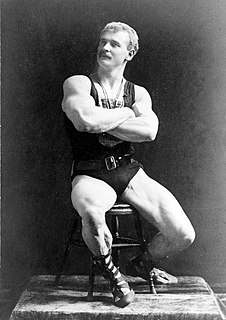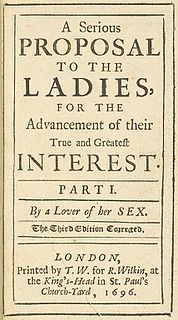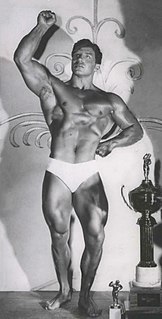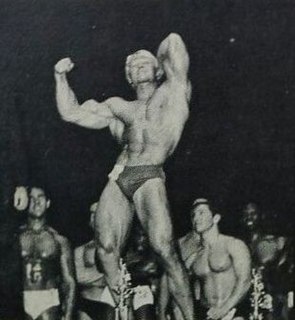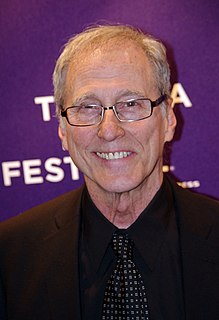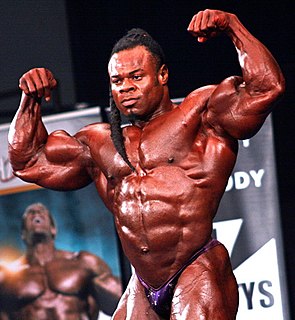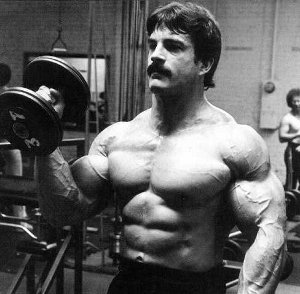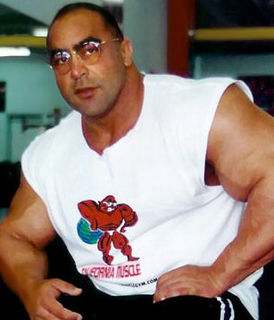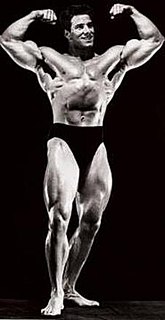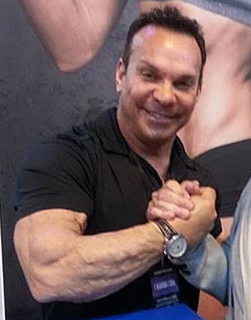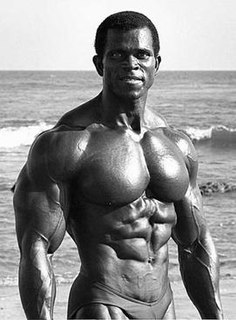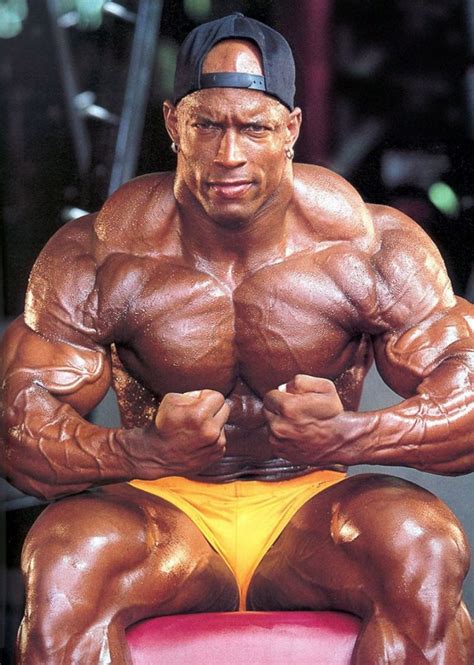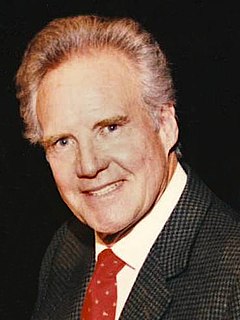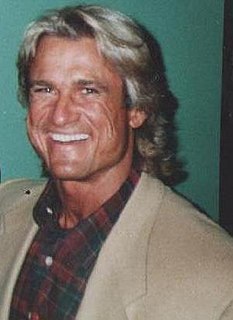A Quote by Eugen Sandow
Civilisation has, indeed, become a slaughtering-car crowned by a grinning effigy of Comfort, before which man blindly and voluntarily hurls himself in his own ignorance.
Related Quotes
Reason cannot desire for man any condition other than that in which not only every individual enjoys the most absolute, unbounded freedom to develop himself out of himself, in true individuality, but in which physical nature, as well, need receive no other shaping by human hands than that which is given to her voluntarily by each individual, according to the measure of his wants and his inclinations, restricted only by the limits of his energy and his rights.
It appears to Nietzsche that the modern age has produced for imitation three types of man ... First, Rousseau's man, the Titan who raises himself ... and in his need calls upon holy nature. Then Goethe's man ... a spectator of the world ... Third Schopenhauer's man ... voluntarily takes upon himself the pain of telling the truth.
Our forefather Adam... used his freedom to turn toward what was worse and to direct his desire away from what had been permitted to what was forbidden. It was in his power 'to be united to the Lord and become one spirit with God...' (I Cor. 6:15). But Adam was deceived and chose to cut himself off voluntarily from God's happy end for him, preferring by his own free choice to be drawn down to the earth (cf. Gen. 2:17) than to become God by grace.
After an inferior man has been taught a doctrine of superiority he will remain as inferior as he was before his lesson. He will merely assume himself to be superior, and attempt to employ his recently-learned tactics against his own kind, whom he will then consider his inferiors. With each inferior man enjoying what he considers his unique role, the entire bunch will be reduced to a pack of strutting, foppish, self-centered monkeys gamboling about on an island of ignorance. There they will play their games under the supervision of their keeper, who was and always will be a superior man.
Every man is of importance to himself, and, therefore, in his own opinion, to others; and, supposing the world already acquainted with his pleasures and his pains, is perhaps the first to publish injuries or misfortunes which had never been known unless related by himself, and at which those that hear them will only laugh, for no man sympathises with the sorrows of vanity.
In the absence of government each man learns to think, to act for himself, without counting on the support of an outside force which, however vigilant one supposes it to be, can never answer all social needs. Man, thus accustomed to seek his well-being only through his own efforts, raises himself in his own opinion as he does in the opinion of others; his soul becomes larger and stronger at the same time.
Every individual is continually exerting himself to find out the most advantageous employment for whatever capital he can command. It is his own advantage, indeed, and not that of the society which he has in view. But the study of his own advantage naturally, or rather necessarily, leads him to prefer that employment which is most advantageous to society... He intends only his own gain, and he is in this, as in many other cases, led by an invisible hand to promote an end which was not part of his intention
See how he cowers and sneaks, how vaguely all the day he fears, not being immortal nor divine, but the slave and prisoner of his own opinion of himself, a fame won by his own deeds. Public opinion is a weak tyrant compared with our own private opinion. What a man thinks of himself, that it is which determines, or rather indicates, his fate.
